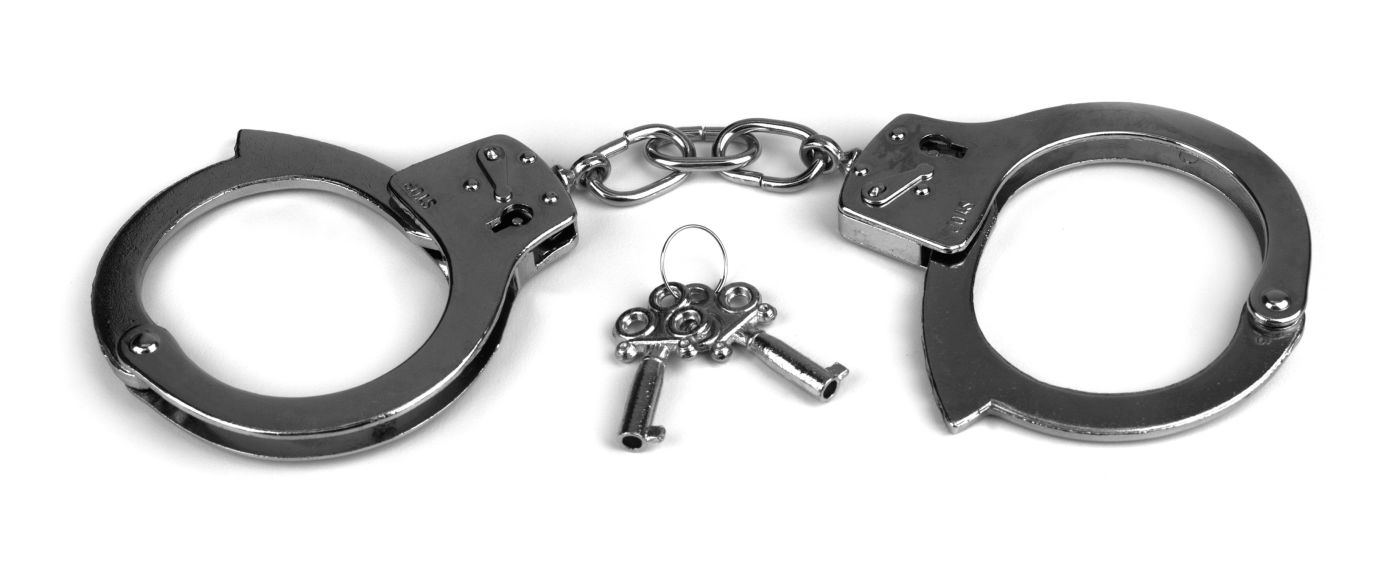Though many states use DUI (Driving Under the Influence) and DWI (Driving While Intoxicated) interchangeably, New York doesn't use the term DUI. Instead, the state prefers to use DWI and DWAI to categorize and penalize impaired driving.
White-Collar Crime, What It Is and What It Isn’t
White-Collar vs. Blue-Collar Crimes
The general saying goes that white-collar crimes are committed with a pen, while blue-collar crimes involve a weapon. The former are essentially nonviolent and typically committed by business or government professionals.
Blue-collar crimes like robbery and carjacking, on the other hand, are simpler and often – but not always – involve violence against the victim. Bribery, fraud, embezzlement, insider trading, money laundering, identity theft, and forgery are white-collar crimes.
Contact Law Office of Michael D. Litman, PLLC for your free consultation.
White-Collar Classifications
Virtually all white-collar offenses are classified as larceny. In New York, they are prosecuted and punished under NY Penal Law Article 155. Article 155 defines larceny as being when a person “with intent to deprive another of property, or to appropriate property to himself or to a third person, wrongfully takes, obtains, or withholds such property from an owner thereof.”
Felony White-Collar Larcenies and Their Penalties
There are four levels of Grand Larceny. The least severe carry the lightest prison sentences, while the worst carry more serious periods of incarceration and fines.
4th Degree Grand Larceny– occurs when someone steals property worth between $1,000 and $3,000, a motor vehicle or a credit card. Conviction of this Class E Felony could mean a sentence of up to four years in prison.
3rd Degree Grand Larceny– is charged when the suspect steals property that is valued at more than $3,000; this is a Class D Felony. Conviction brings a prison sentence of up to seven years.
2nd Degree Grand Larceny– involves stealing property which exceeds $50,000 in value. This crime is a Class C Felony with a sentence of up to fifteen years in prison if convicted.
1st Degree Grand Larceny – the most serious white-collar criminal charge against a suspect who allegedly steals property worth over a million dollars. Upon conviction, this Class B Felony brings a maximum prison sentence of 25 years.
In addition to criminal prosecution, state or federal civil action may be taken against the defendant to seize any profits as restitution to pay the victims for their losses and other damages. Governments may also seek asset forfeiture of the proceeds from the crime.
Federal White-Collar Crime Penalties
If one is convicted of a federal white-collar crime, they often suffer even heavier prison sentences (and larger fines) than in state courts. Federal convictions are subject to the U.S. Sentencing Commission’s Voluntary Sentencing Guidelines. And those convicted of federal white-collar charges are also subject to civil lawsuits by their victims to compensate them for their monetary losses. In addition to large fines, the following prison sentences await those who are convicted of these federal white-collar crimes.
Securities fraud: up to 25 years in prison [18 U.S.C. 1348]
Bank fraud: a prison sentence of up to 30 years [18 U.S. Code § 1344]
Tax evasion: up to five years in federal prison [26 U.S. Code § 7201]
Mail and wire fraud: a maximum sentence of 20 years [18 U.S.C. 1343]
Bankruptcy fraud: up to five years in prison [18 U.S. Code § 157]
Healthcare fraud: a term ranging from a few years to life, depending on the monetary value of the fraud [18 U.S. Code § 1347].
If you even suspect you’re the target of a white-collar investigation, having an experienced criminal defense attorney in your corner as soon as possible can profoundly influence your chances of a favorable outcome. The Law Office of Michael D. Litman can help. Contact us to arrange a free consultation.
RECENT POSTS
At the Law Office of Michael D. Litman, PLLC, we stand firm in our commitment to defend and support men unjustly accused of domestic violence. Our mission extends beyond the courtroom; we aim to restore the dignity, freedom, and future of those who have been falsely accused.



